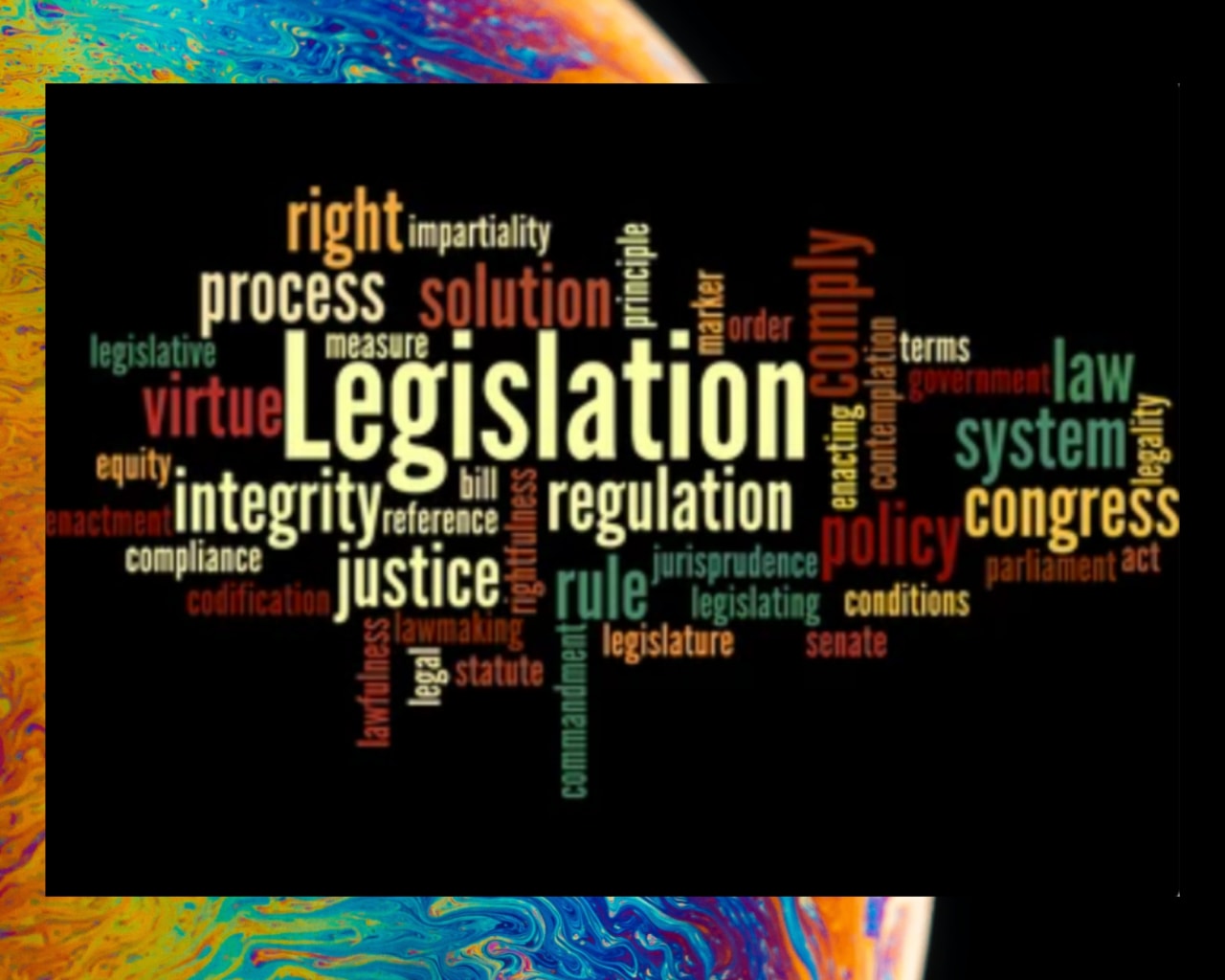The outcome of a legal battle by a determined 94-year-old in Minnesota has the potential to bring about significant changes to a property seizure program in New York City. The U.S. Supreme Court, in a unanimous decision, declared that Hennepin County had unlawfully retained the excess funds generated from the sale of Geraldine Tyler's condominium unit. Originally owing $2,311 in unpaid property taxes, Tyler's debt had swelled to $15,000. To settle the outstanding amount, the county sold her condo for $40,000, keeping the entirety of the proceeds. The court ruled that this action violated the Fifth Amendment's takings clause, reversing the previous decision made by the Eighth Circuit, which had favored the county.
Chief Justice John Roberts, in his written opinion, emphasized that when a taxpayer loses their $40,000 property to the state to satisfy a $15,000 debt, they are making a significantly greater contribution to public funds than what they owed. He added that while taxpayers must fulfill their obligations, they should not be required to provide more than what is rightfully owed.
The Supreme Court's ruling concluded that the existing Minnesota law did not adequately allow property owners the opportunity to recover any surplus when their property is seized to settle a debt. Roberts dismissed the county's argument that Tyler could have sold her property to pay off her debt, stating that such an option did not qualify as a fair opportunity to claim equity.
This landmark decision has undoubtedly caught the attention of New York City officials, particularly in relation to their lien sale program. Under this program, overdue taxes and water bills are sold to an investment trust that can initiate foreclosure proceedings if the outstanding amounts cannot be collected. Property owners are provided with the chance to recoup any excess funds in state court, although this opportunity is sometimes overlooked.
New York City's third-party transfer program operates differently. In this initiative, distressed properties are seized from financially indebted owners and transferred to developers who offer rent-stabilized leases to tenants, agreeing to rent the apartments at below-market rates.
This particular program has been the subject of a class-action lawsuit filed in 2019, with homeowners in Brooklyn alleging that their properties were wrongfully seized. City officials have argued that owners are given ample notice and opportunities to settle their debts, even allowing them to request additional time to sell their properties and pay off the liens while retaining any surplus proceeds.
Yolande Nicholson, one of the attorneys representing the homeowners in the lawsuit, sees the Supreme Court's decision as further validation of her clients' claims that their properties were unlawfully seized by their own city government, constituting an unconstitutional act. She believes that this decision sends a powerful message, emphasizing that the property rights of African-American families, like Ms. Tyler, are equally significant and protected by the Constitution.
The Department of Housing Preservation and Development, representing the city, has stated that it is currently reviewing the Supreme Court's ruling.
The implications of this landmark decision extend beyond New York City's third-party transfer program. According to the Pacific Legal Foundation, at least 12 states have laws that permit local authorities to retain surplus funds from seized properties. Thus, the ruling has the potential to prompt significant changes in these states as well.




